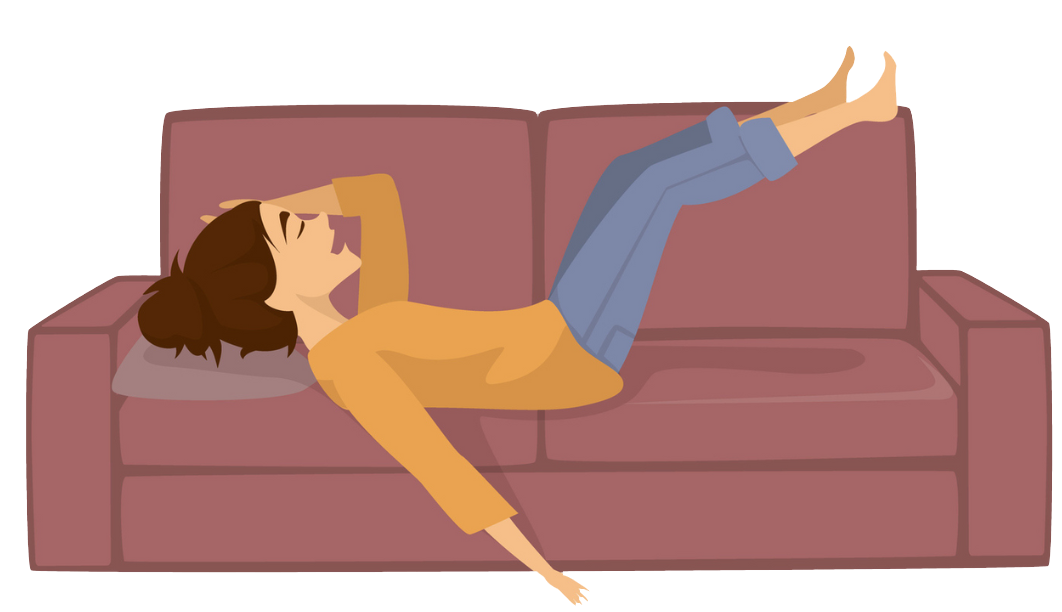The Benefits of Being Unproductive
I had a busy week. We had our niece and nephew staying with us for six days along with two guest dogs. Definitely a full house! We had a great time doing all the fun things our community has to offer, but by the end of the week I was exhausted.
I went to bed early and set my alarm for my usual time, 6am, to get back to my regular schedule; except I didn't. I couldn't. I had zero motivation to do anything. I needed to work, but my brain wouldn't turn on. I intended to clean, but my body refused to stand up. I wanted to play with my kids, but I was irritated and annoyed over the littlest things.
This didn't make sense. Our house guests were gone, I had gotten a good night's sleep, but I wasn't doing anything. That’s when my inner critic spoke up and called me “lazy”!
That's what I was…lazy. My to do list was only growing larger and I was doing nothing.
“Lazy” is an odd feeling. It's part guilt and part shame. “Feeling” lazy is putting a label on all the “shoulds”. But, looking back, I wasn't being lazy. When I started to feel lazy, worthless, useless, I step back for a moment and realized I wasn't lazy. I was still exhausted and overwhelmed and stressed from my fun filled 6 days. Sure, I got some sleep, but I hadn't given my body and mind the break it needed.
I decided to list out all the things I was doing:
I was still parenting (my own kids) and taking care of some of the house needs (dishes, laundry, unmaking guest beds) and I did have to do some work for my employer (so I could keep my job).
Once I realized all the things I was doing, it all made sense why I was feeling the way I was and the word lazy faded away. I then gave myself permission to do nothing for a bit. To be unproductive.
Being unproductive replenishes the brain’s capacity for life. Resting and relaxing allows your brain to organize its new information which allows you to remember things better and have more room for new things.
Your brain craves variety, so taking a break from work to just go outside and stand still can help recharge you more than you think. Hobbies are great, don’t get me wrong, but the act of doing nothing, checking out, zoning out, vegging out, whatever you call it, is a necessary part of life and we shouldn’t go around feeling guilty for it.
So, the next time you need a break, take some time and do nothing. Stop whatever you’re doing and don’t start something else. If you are doing nothing indoors, don’t start cleaning or tidying up. If you’re outside, don’t pull weeds and don’t make a list of yard chores that need to be done. Try to just be. Focus on you. What’s around you? What do you see, hear, and smell? How do you feel? You don't need to take a long time to be unproductive. If guilt starts creeping back, that’s ok. You can always go back to your schedule and start being productive again. Doing nothing, even for a short amount of time, can be incredibly beneficial to your mental health.
In the coming days/weeks, try incorporating some unproductivity into your day and see how you feel. It leaves me feeling refreshed and calmer. See what doing nothing can do for you.

